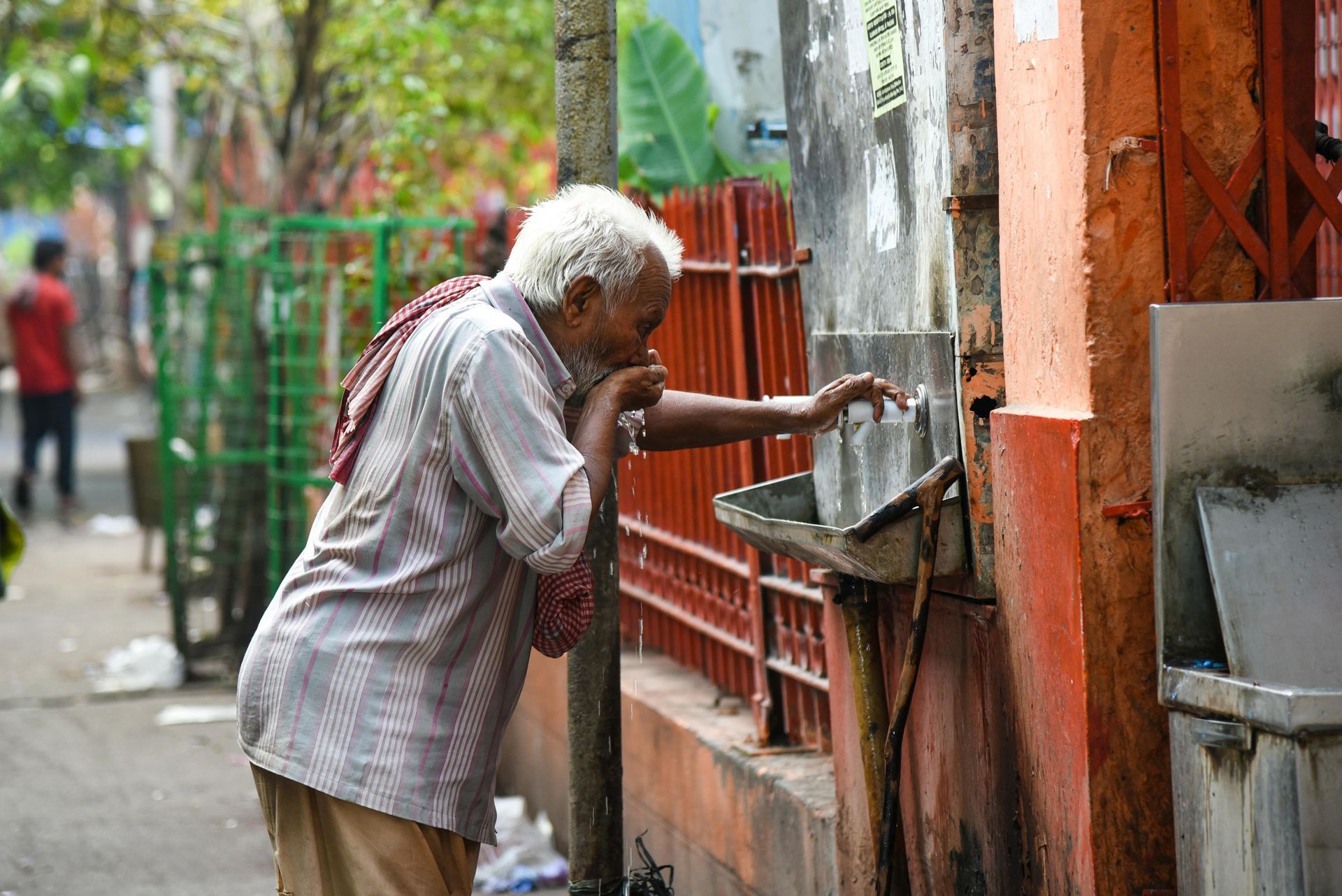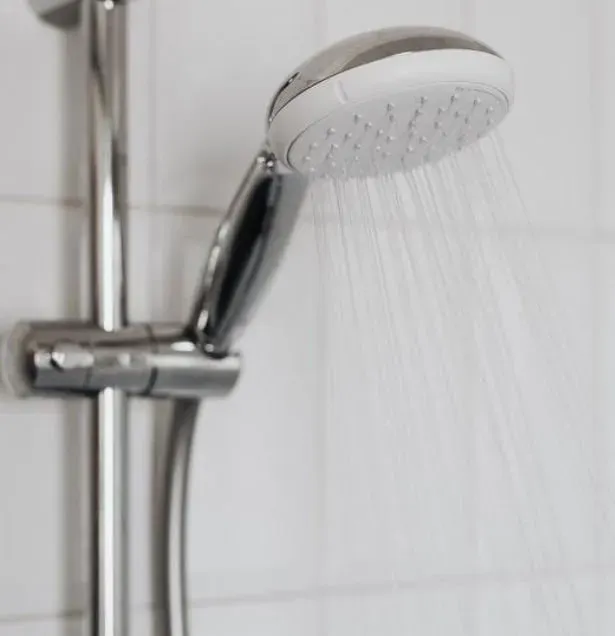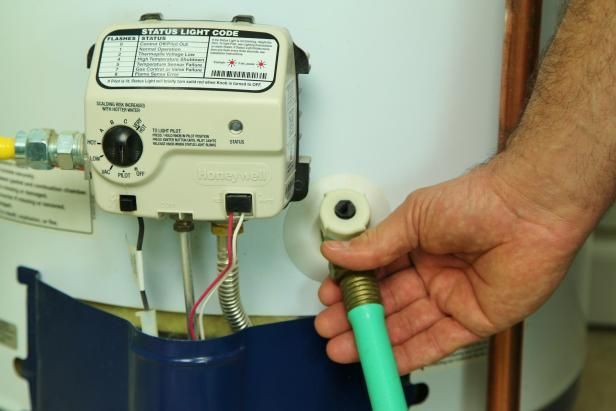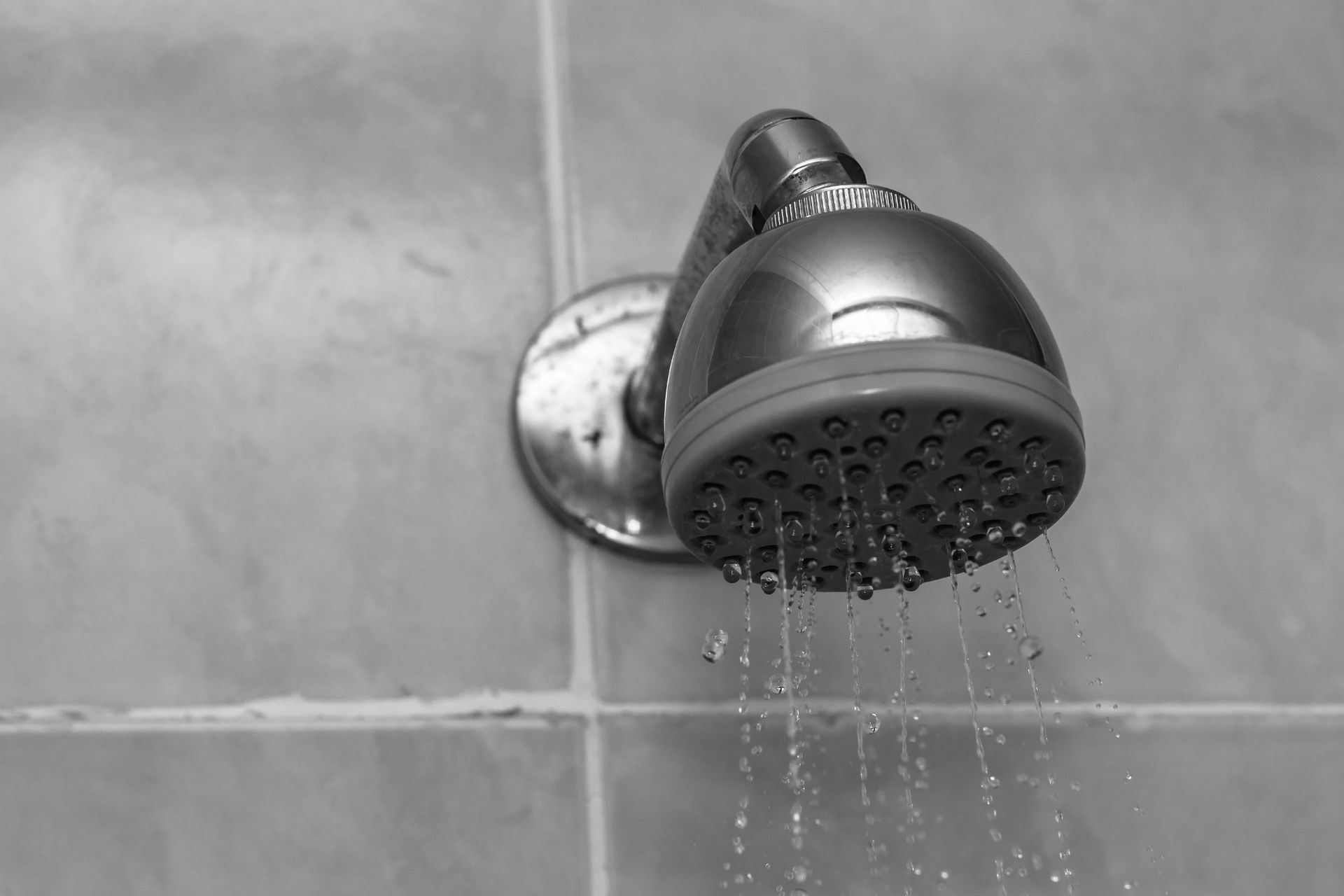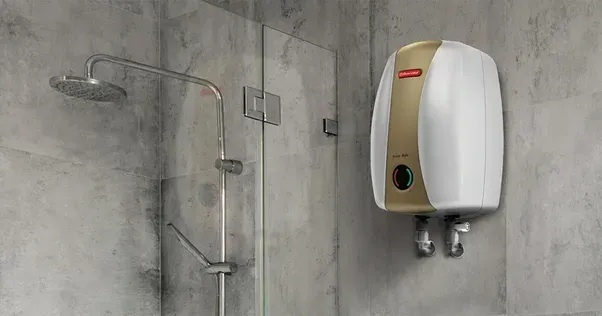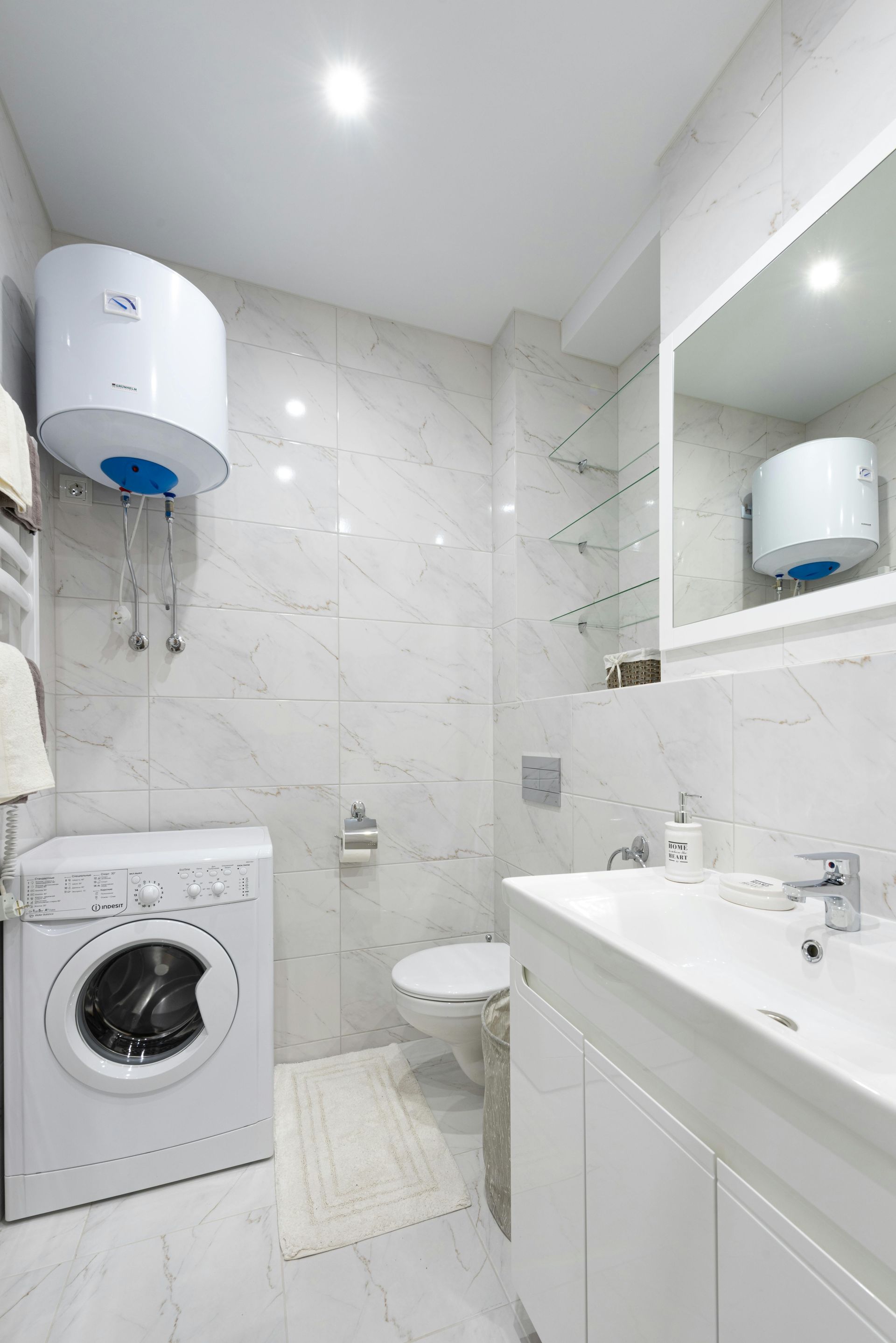How to Prevent Sump Pump Overload During Storms
A sump pump is your home’s first line of defense against flooding, especially during heavy storms. However, these periods of intense rainfall can put enormous pressure on your sump pump, pushing it to its limits or even leading to failure. Preventing sump pump overload during storms is not just about maintaining the equipment; it’s about safeguarding your home, belongings, and peace of mind. This guide dives into detailed strategies and essential knowledge to keep your sump pump functioning optimally when you need it most.
"Why Is My Sump Pump Making Noise? Common Issues Explained"
Understanding Sump Pump Overload
When storms bring relentless downpours, your sump pump must work overtime to expel excess water from your basement or crawl space. But if the system is outdated, improperly sized, or poorly maintained, it can become overwhelmed. Overload occurs when the pump cannot keep up with the incoming water, leading to flooding and potential damage to your home’s foundation.
The root causes of overload include insufficient capacity, a clogged discharge line, power outages, or simple wear and tear. Recognizing the signs of overload—such as the pump running continuously, strange noises, or water pooling despite the pump’s efforts—is critical in addressing the issue before it escalates.
Preventative Measures to Avoid Sump Pump Overload
Regular Maintenance: The Key to Longevity
Routine maintenance is essential to keep your sump pump in peak condition. Start by inspecting the system every three months and before storm season. Clean out the pit, remove any debris that might clog the intake, and ensure the float switch moves freely. These simple steps can significantly improve your pump’s efficiency.
Upgrade to a High-Capacity Pump
Not all sump pumps are created equal. If you live in an area prone to heavy storms or have a large basement, your pump might need an upgrade. High-capacity pumps with stronger motors can handle higher water volumes, reducing the likelihood of overload. Submersible pumps are often more powerful and quieter than pedestal models, making them a popular choice for storm-prone areas.
Install a Backup Pump System
A backup pump is your safety net when the primary pump fails or the power goes out. Battery-powered backups ensure your basement stays dry even during blackouts, while water-powered backups use your home’s water pressure to operate. Either option adds an extra layer of security during storms.
Ensure Proper Discharge Line Functionality
The discharge line is crucial in directing water away from your home. If it’s clogged or frozen, water will back up into the sump pit, overloading the pump. Regularly check the line for debris, install a protective cover or grate at the outlet, and ensure it slopes downward to prevent freezing in colder months.
Advanced Strategies for Storm Readiness
Add a Secondary Pump for Heavy Rainfall
If your area frequently experiences torrential storms, consider installing a secondary pump. This pump can either share the load during peak water flow or act as a backup. A dual-pump system provides peace of mind when rainfall is unrelenting.
Optimize Your Home’s Drainage System
Your sump pump shouldn’t have to handle all the water entering your home. Ensure your gutters and downspouts direct rainwater at least 10 feet away from your foundation. Consider installing a French drain or improving the grading around your home to redirect surface water naturally.
Install a Sump Pump Alarm System
A sump pump alarm notifies you of any issues, such as rising water levels or pump failure, allowing you to take immediate action. Smart systems can even send alerts to your phone, ensuring you’re aware of problems even when you’re not home.
The Importance of Professional Inspections
While many preventative measures are DIY-friendly, a professional inspection can uncover hidden vulnerabilities in your sump pump system. A licensed plumber can evaluate your pump’s capacity, check for electrical issues, and recommend upgrades or repairs. Investing in professional guidance can save you from costly flood damage down the line.
Weatherproofing Your Home for Long-Term Protection
Beyond sump pump maintenance, consider broader weatherproofing measures to protect your home. Sealing basement walls, applying waterproof coatings, and installing vapor barriers can minimize the risk of water intrusion. These measures reduce the load on your sump pump, extending its lifespan and reliability.
Conclusion
Storms don’t wait, and neither should you. Preventing sump pump overload is a combination of proactive maintenance, system upgrades, and smart planning. By investing time and resources into protecting your sump pump, you’re not only preserving your home but also ensuring peace of mind during the fiercest storms. Don’t let your guard down—take action now to keep your sump pump ready for anything Mother Nature throws its way.



